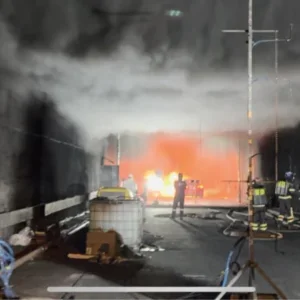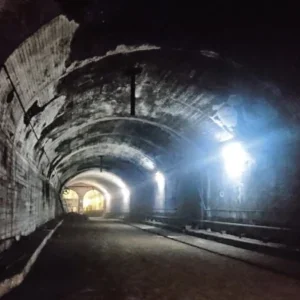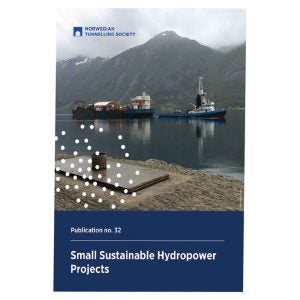I think it’s high time we as an industry took a long hard look at how we tout for trade, if indeed we do. Generally speaking, projects come up via a client’s need, whether it’s a transport solution, power provision, or maybe a water supply/quality hurdle that has to be overcome. There, we’ve already hit our first potential hurdle before we’ve begun.
Basically the clients have to come to us. The problem is, some clients probably don’t even think about the underground option, possibly precluding our skill base from the word go.
But let’s assume the better case scenario that our client is tunnel savvy and is prepared to go underground. We then individually get our heads down and tender for the project whereupon, in a competitive bid, the client will generally choose the lowest bidder. The next stage is for the lucky winner to get in and build the tunnel, hopefully to a reasonable profit, in an adversary-free (as possible) fashion, before heading back into the shadows to wait for the next project to come up.
Not particularly pro-active is it?
Now turn this completely on its head. Why don’t you go and look for the problem, there are plenty there, design and price the solution, then tout it to the relevant client. Go to them, why wait for them to come to you! And why stop there? Take it a step further and find ways to help prove the funding is viable. Barrack local businesses, property developers, politicians, the local community, anyone who will benefit in the long term from your solution. Explain the benefits in a solid business plan, pointing out the social costing and how expense now will turn to profit in the future.
Maybe it’s time to bring back more of the entrepreneurial spirit into civil engineering as displayed by the historical giants such as Brunel and Stevenson, who simply wouldn’t let opportunity pass them by. Isambard Brunel wrote in his diaries that he wanted to be, “the first engineer and an example to future ones”, he also saw opportunity everywhere and even feared losing out saying, “what a field, yet I may miss it!”
How many of us in this modern age genuinely fear missing future opportunities or chances of innovation, as opposed to fear losing a current tender?
By waiting for clients to come to us when a problem needs to be fixed, instead of actively proving to them that we can help before the problem gets out of hand, I fear there may be many wonderful chances missed in our particular field.
Tris Thomas






